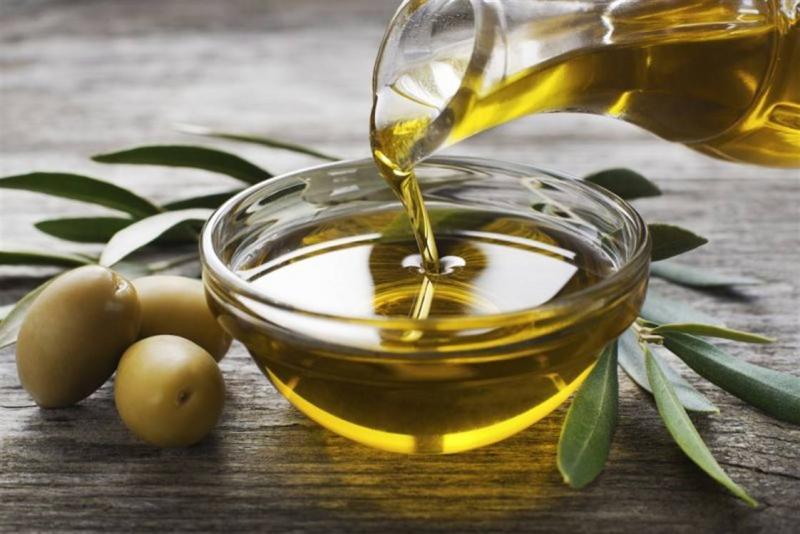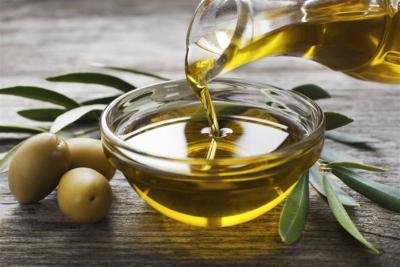Olive oil is often described as "liquid gold," and it is a staple ingredient in the Mediterranean diet, which has been ranked as the best overall diet for seven consecutive years. Because it is rich in "good" fats and nutrients, food researchers have long promoted the countless health benefits of olive oil. However, other experts now warn that the benefits of olive oil might be overstated in relation to weight.
Nutritionist Michelle Rothanstein argues that olive oil can have a negative impact on weight, citing one of her clients who consumed a full cup of olive oil daily because he believed it was "exceptionally healthy." She said, "This extreme behavior not only hindered his weight loss efforts but also negatively affected his cholesterol levels, as these large quantities of olive oil can be high in saturated fats, which contradicts its claimed benefits." A standard serving size of olive oil is one tablespoon, containing 119 calories. Rothanstein warned that because of the calorie count, problems can arise when consumption is excessive.
She explained that "excessive consumption of olive oil without controlling the amount can lead to an energy intake imbalance, which may contribute to subsequent weight gain or difficulty achieving weight loss goals." Nevertheless, the general consensus is that olive oil is relatively beneficial for health, especially when it comes to cooking.




